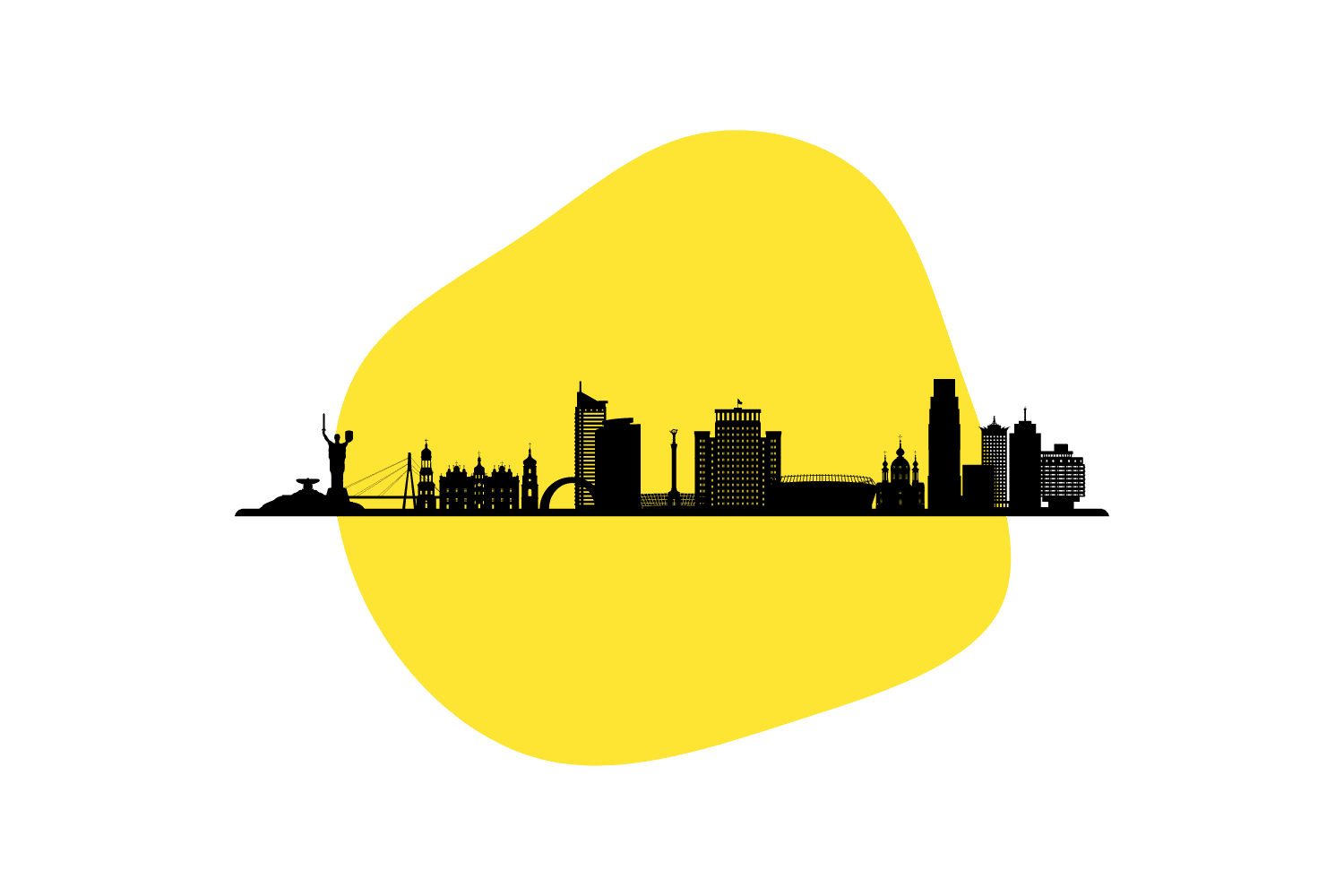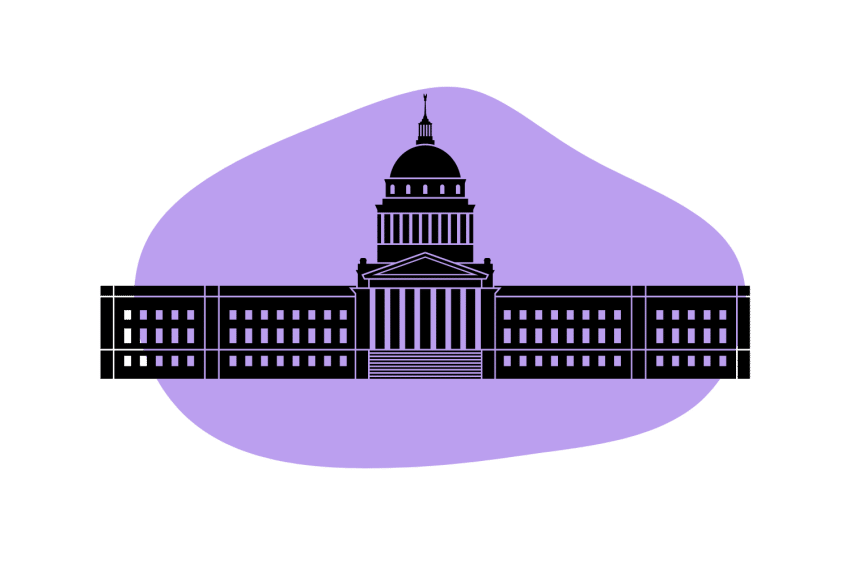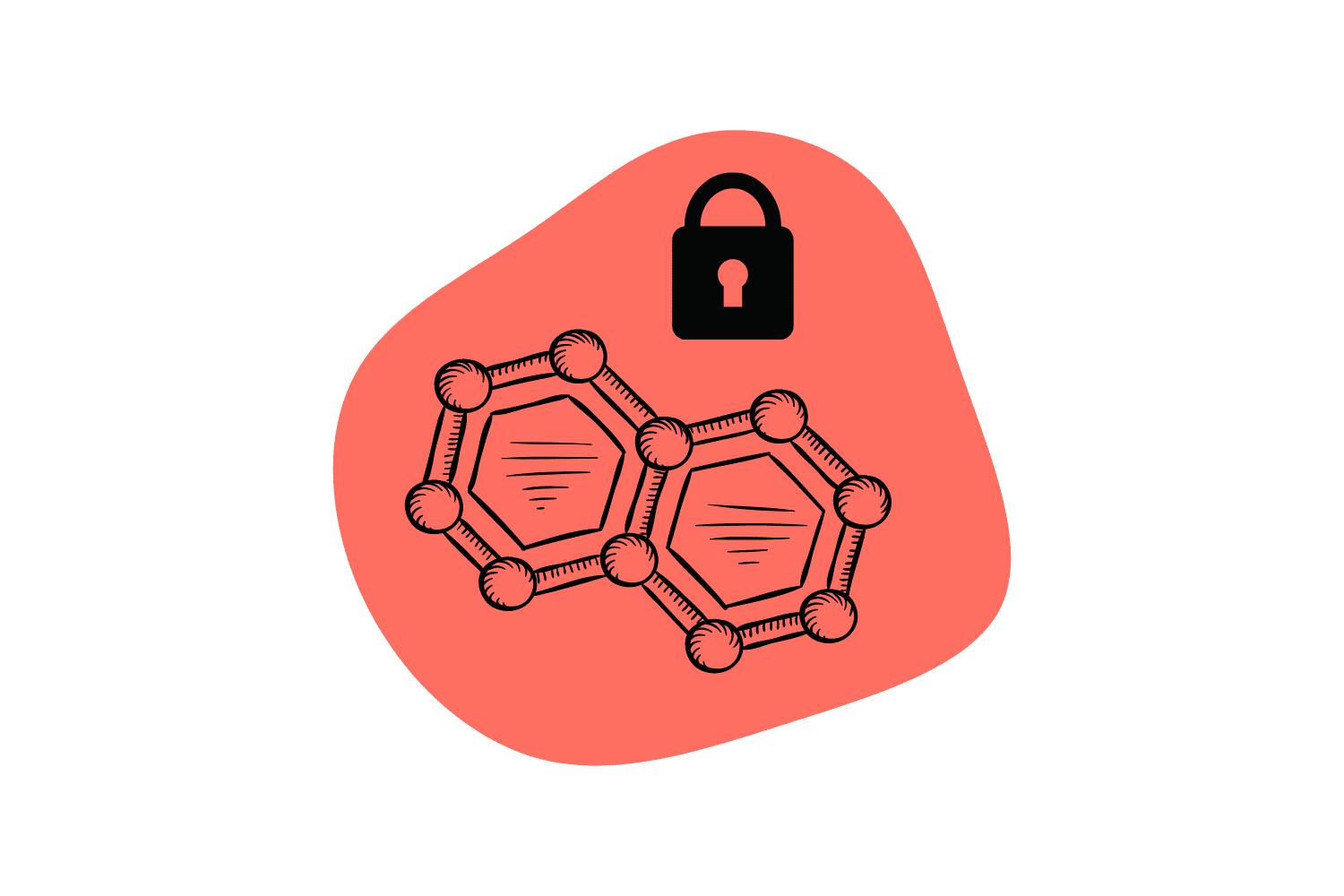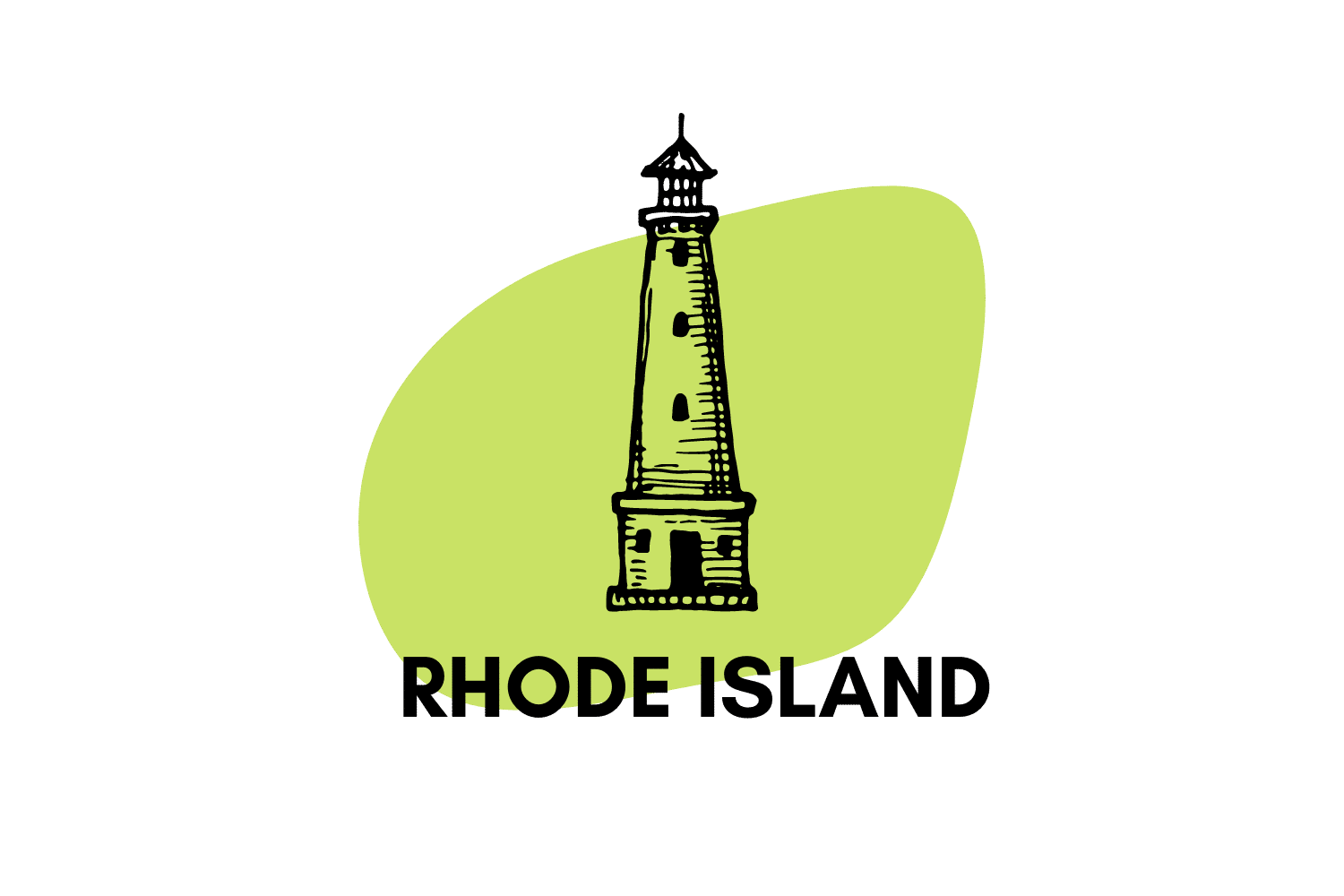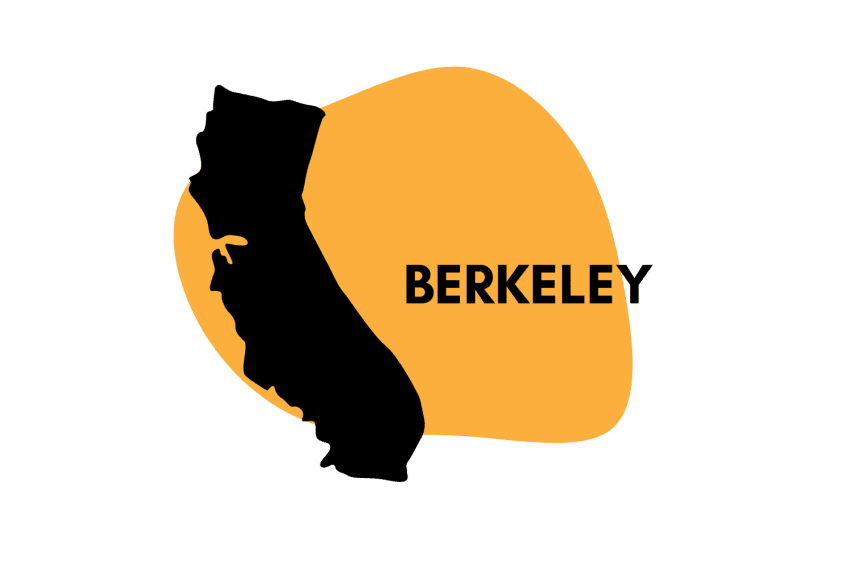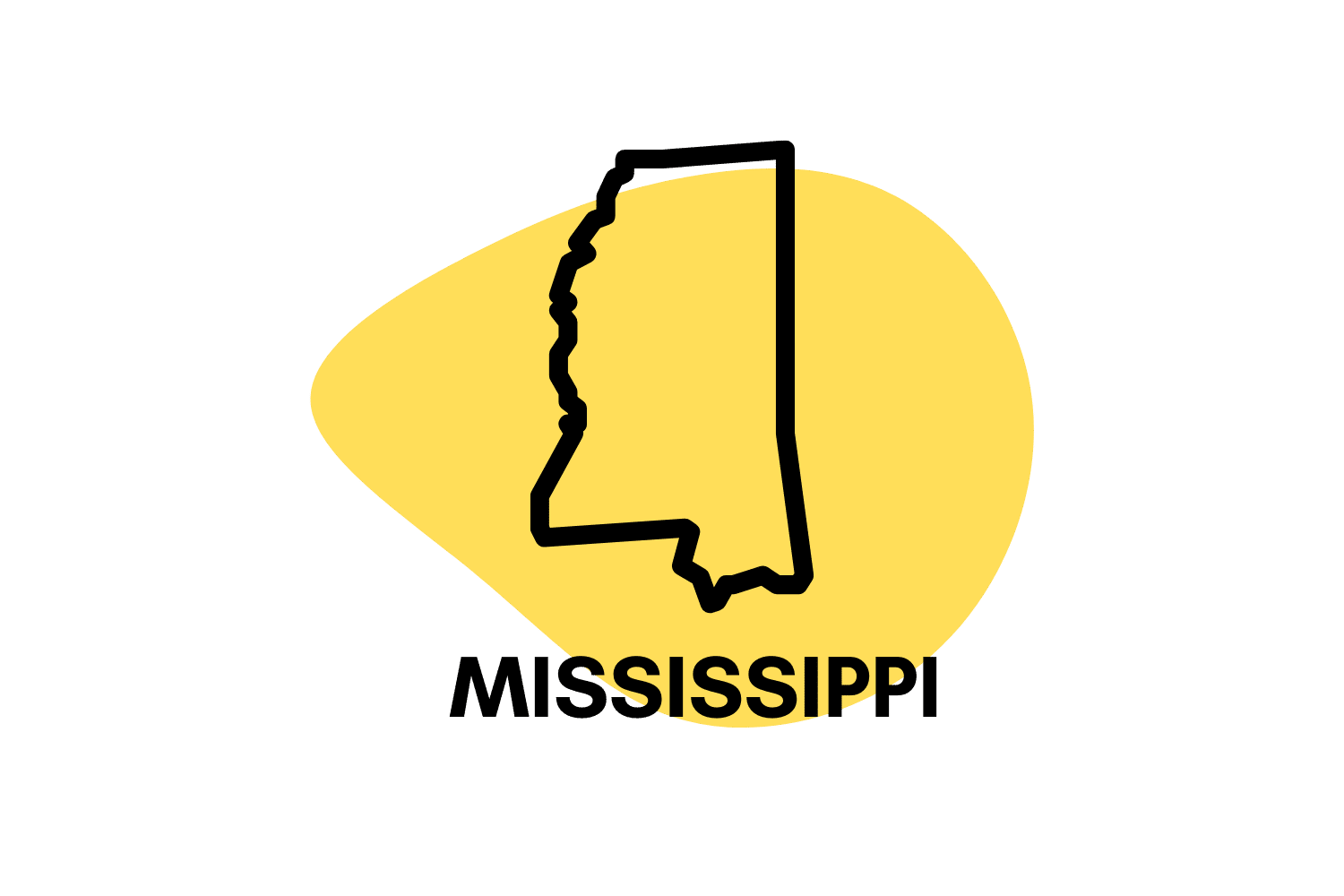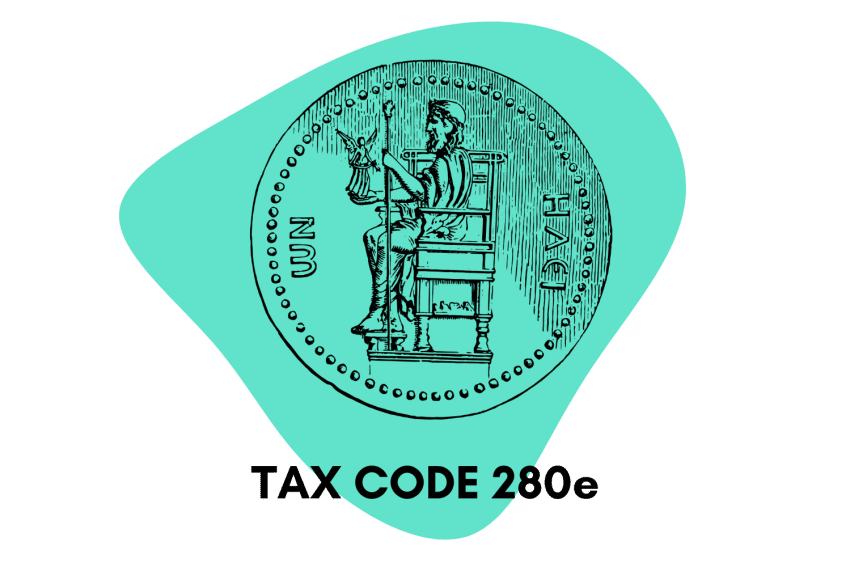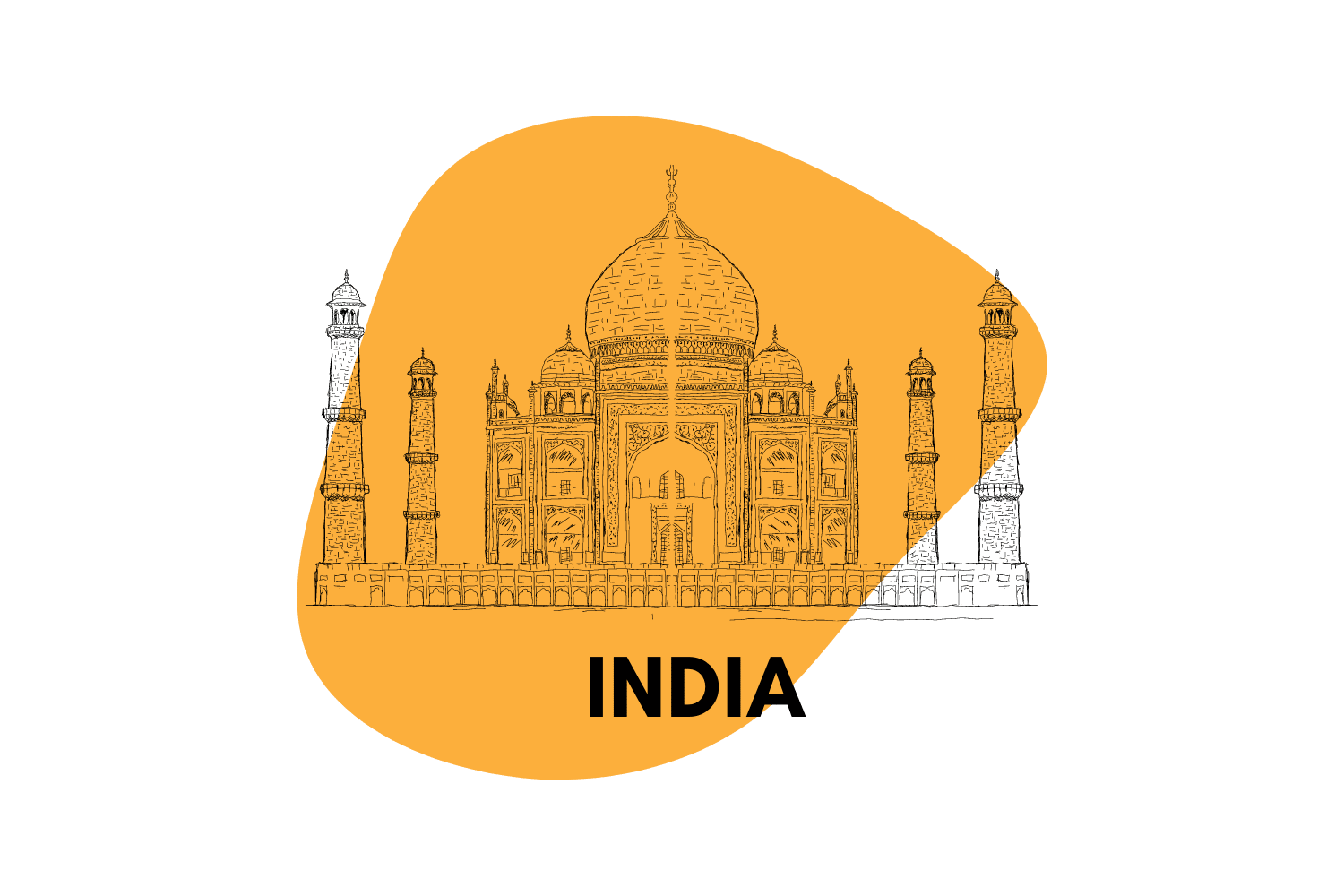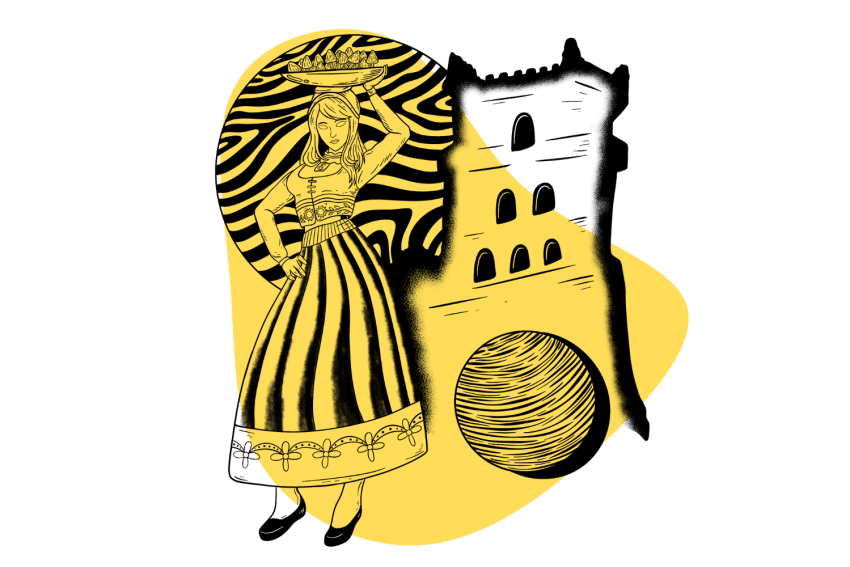Are Psychedelics Legal In Nevada?
“What happens in Vegas, stays in Vegas” doesn’t apply to psychedelics.
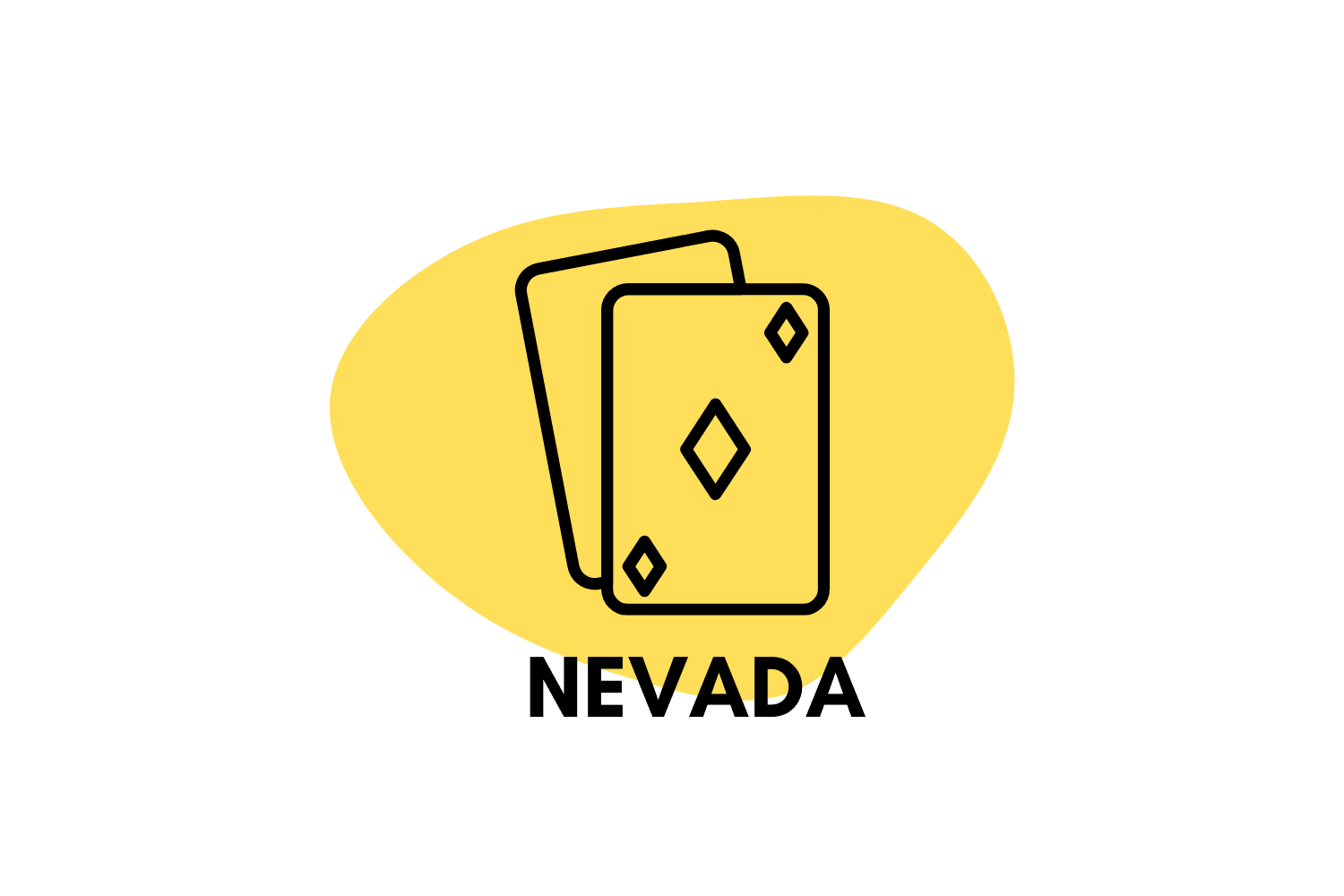
Magic mushrooms are one of the most widely-consumed psychedelics in the world, both medicinally and recreationally.
Unfortunately, this substance is only legal for cultural reasons in countries like Mexico, Peru, and Costa Rica.
Below you will learn about the legality of psilocybin and other psychedelics in Nevada, USA.
Are Magic Mushrooms Legal in Nevada?
No. Magic mushrooms are illegal in Nevada.
State law NRS 453.336 lists psilocybin as a Schedule I controlled substance — a title reserved for drugs that lack medicinal value and carry a high risk of addiction.
This categorization is hotly contested for magic mushrooms, which have a long list of confirmed health benefits.
The penalties you can incur for possessing this substance vary depending on the amount and your background. For example, you can face up to one year in jail for a first or second offense if you’re caught with 14 grams or less.
The penalties can increase to 4 years in prison and up to $5,000 in fines for a third offense or larger amounts.
Map of Magic Mushroom Decriminalization in the United States
Do Magic Mushrooms Grow Wild in Nevada?
Yes. You can find wild species of magic mushrooms almost everywhere in the world, and Nevada is no exception.
You will most likely find these mushrooms growing in pastures and forested regions. You’re unlikely to find magic mushrooms in the drier or more arid regions of Nevada.
There are many reports of users finding magic mushrooms growing in local gardens. The spores often find their way into gardens from the manure used to fertilize the soil.
Is LSD Legal in Nevada?
No. In Nevada, LSD (lysergic acid diethylamide) is a Schedule I illegal substance.
This means that the penalties are similar to psilocybin infractions, as they belong to the same category.
Nevada places arbitrary limits on any substances classified as Schedule I or Schedule II. This cuttoff is 14 grams (considered a Category E felony), 28 grams (Category D felony), and 42 grams (Category B felony).
These laws showcase how little regulators actually understand the substances they’re banning. Fourteen grams of LSD is roughly 140,000 doses at 100 micrograms each. Even the low-end of 1 gram is around 1000 doses.
In summary, getting caught with any amount of LSD can lead to 1 to 5 years in prison and fines up to $20,000.
Is MDMA Legal in Nevada?
No. MDMA (ecstasy) is illegal in Nevada.
Like the psychedelics mentioned above, MDMA is also considered a Schedule I controlled substance.
A first offense is usually classified as a category E felony. This can result in 1–4 years in prison and a $5,000 fine.
If you possess more than 42 grams of this substance, the penalties can be devastating, as it is considered a Class B felony. This means you can spend up to 15 years in prison and receive fines of up to $50,000.
Is Ketamine Legal in Nevada?
Yes, ketamine is legal for medical use only. Recreational use of ketamine remains strictly prohibited.
Nevada considers it a Schedule III controlled substance — which means it has accepted medical uses. The most common use of ketamine is for anesthesia. More recently, clinics have been administering ketamine to treat depression and PTSD.
If caught in possession of ketamine illegally, the consequences can be very harsh. If Nevada police catch you for the first or second time with 28 grams or less, you can face up to one year in prison.
What’s the Difference Between Legalization & Decriminalization
There’s a lot of talk about the legalization and decriminalization of psychedelics. What’s the difference between these terms, and why does it matter?
Decriminalization refers to reduced penalties for a crime. If psychedelics are decriminalized, it would mean that mandatory jail sentences are no longer issued to offenders, and the fines would be reduced substantially. However, this doesn’t mean psychedelics would become legal. You still won’t be able to sell these substances legally and can still wind up in trouble if caught in possession.
Legalization involves the complete abolition of the legal consequences. There may still be restrictions in place — such as maximum legal quantities and the minimum age to purchase.
A good example is marijuana, which is legal in Nevada, but only in quantities up to 1 ounce and among people 21 or older.
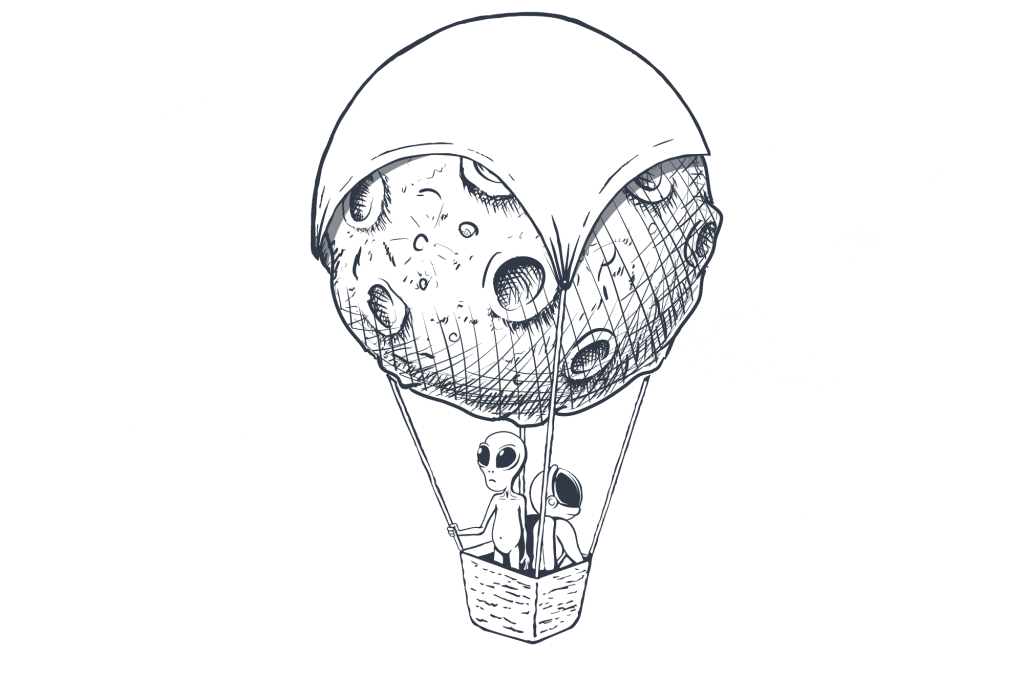
Key Takeaways: What’s the Future of Psychedelics in Nevada?
For now, psychedelics are still illegal in Nevada. There, you can face high fines and extended jail time for using these substances without authorization.
However, there’s a big push for decriminalizing psychedelics in Nevada and the US.
We don’t think Nevada will be a pioneer state regarding psychedelics’ legalization, but we believe they’ll follow the trend once the federal law changes over the next 12-36 months.

